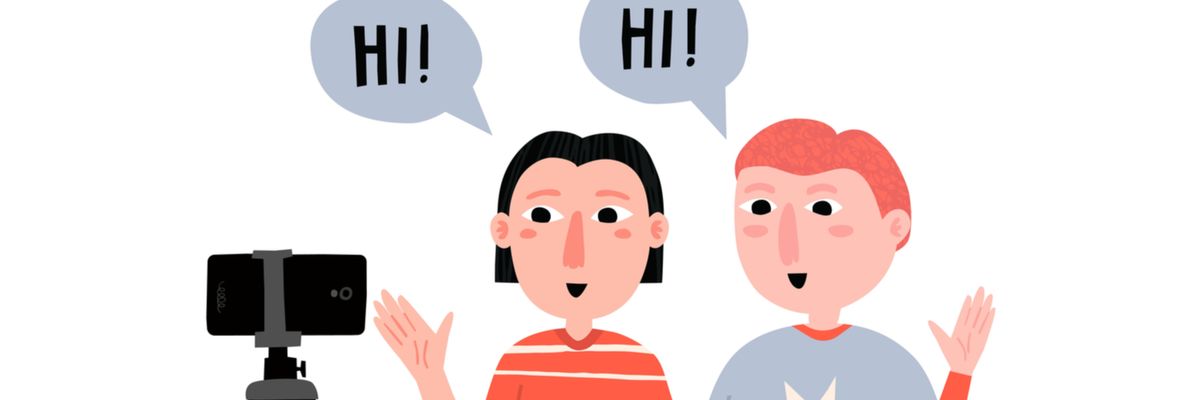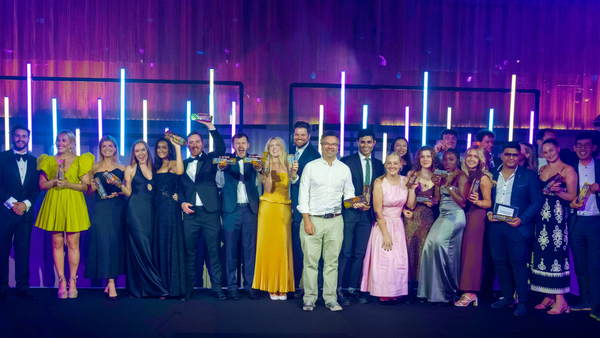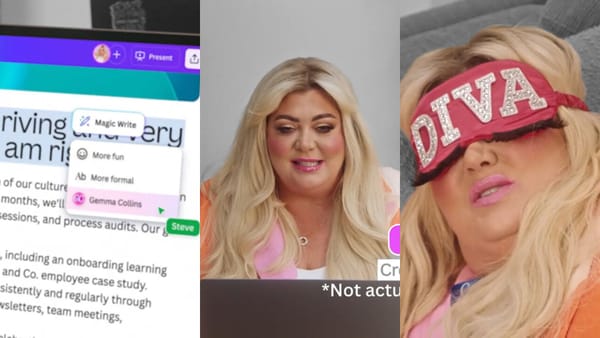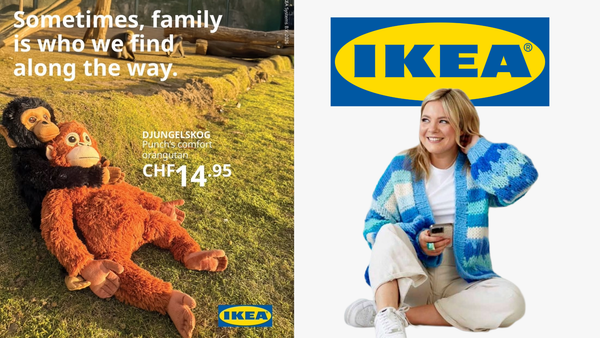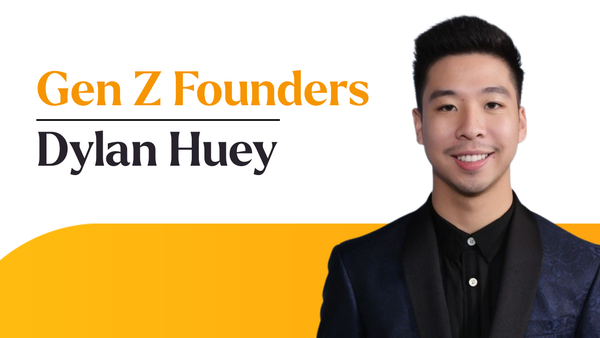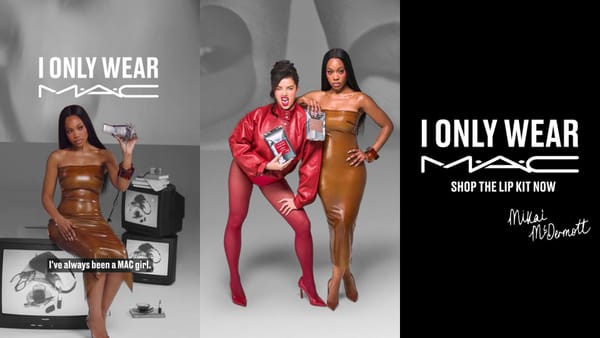International celebrities including Britney Spears, Demi Lovato, and Shia LaBeouf have all struggled with well-documented problems ranging from mental health issues to addictions.
Now, in a world where absolutely anyone can launch their tot to global stardom using simply a phone and a social media site, how can we protect the new generation of child stars – Kidfluencers?
Disney kid vs. Kid-fluencer
It’s essential to underline there are major differences between being a Disney kid and a child influencer, and these have resulted in an entirely different experience of fame for today’s young stars.
Firstly – and perhaps most significantly – the world has moved on from the 90s and early 2000s. We’re far more child-centered. No young person should ever be seen as a ‘commercial commodity’ as some sadly were in the past. While of course child stars and their families want recognition and an income, we’re far more aware of appropriate boundaries and the child’s health – mental and physical – always comes first for both brands and agencies.
Another big change – and one which protects the child – is who is in charge. In the past, signing a contract with a major studio would arguably have left a child open to exploitation, with demanding studio bosses calling the shots and needing a quick return on their human ‘investment’.
Nowadays, by and large, it’s the parents guiding their child’s career alongside a discerning industry manager. When it works well, this is a dream team that genuinely understands the child and what they hope to achieve in their career. They can set boundaries, say no and protect a child in a way that just wasn’t possible in the past.
At Channel Mum Talent, there’s no ‘one approach fits all’ for kid-fluencers. Working with individual families on a totally tailored basis is essential to find what works for them – and that’s true across all the best agencies in the business. It shows the power base has significantly rebalanced from studios to families, which ultimately benefits everyone involved.
A savvier generation
So what else is different? Well, if you deal with children in any way, you’ll know modern kids – Gen Z and Gen Alpha – are far savvier than their predecessor generations! They’re clued up on business, they are aware of how to build their own brand and they may well be just as smart on social media as the adults running the show. If a child feels they have input, control and their voice is being heard then the whole way of working is mutual. In short, they are full partners in the process and that means better decision-making all around.
A fourth – and often overlooked point – is the change in technology. The Disney kids were forced to spend weeks out of school filming on traditional cameras. Now, filming can be done on a phone, edited and uploaded the same day, and fitted around family life. Less time being a star means more time being a kid – which is just how it should be.
And don’t forget who is in control here! For modern child stars, creating content is usually creative, spontaneous, and fun – rather than dull and a tedious task following someone else’s script. Kid-fluencers aren’t actors pretending to be someone else – they are being paid to be themselves with brands and viewers all wanting their authentic take on things. This also ensures there’s no disconnect between their on-screen and off-screen personality – they are just themselves. This is a far healthier world than that of the Disney stars, who struggled between expectations of their on-screen character and who they really were IRL.
The importance of creative freedom
Kid-fluencers can also change their content direction or choose how they present themselves with creative freedom which no studio would ever allow.
Finally, and crucially, if a kid-fluencer decides they want to quit, then can – and instantly. They can take down their content, delete their channels, and walk away back into anonymity. With a studio in charge and a contract to fulfill, that’s never going to be possible.
Of course, if you are filming babies and toddlers, they may not be able to tell you this until they are older – but having parents as managers means most are happy to comply and their child’s happiness comes first.
This doesn’t mean that steering a kid-fluencer’s career is child’s play – far from it. There’s still so much to consider. Is worldwide exposure right for your child? Do they understand the implications of being ‘public property’? How will they cope with attention at school or jealous comments online? What is your family plan for their income?
However, study after study shows being an influencer is now the number one career choice for children. It also allows kids from diverse, underrepresented, and marginalised backgrounds – who would never have made the cut with the Disney crew – to connect with a worldwide audience and bring real and positive change to many young followers.
As Walt Disney himself said: “All our dreams can come true, if we have the courage to pursue them” and with parents, children, and the influencer industry working together to pursue a healthier path for child stars, this might just be a real dream that many kid-fluencers see come true.

